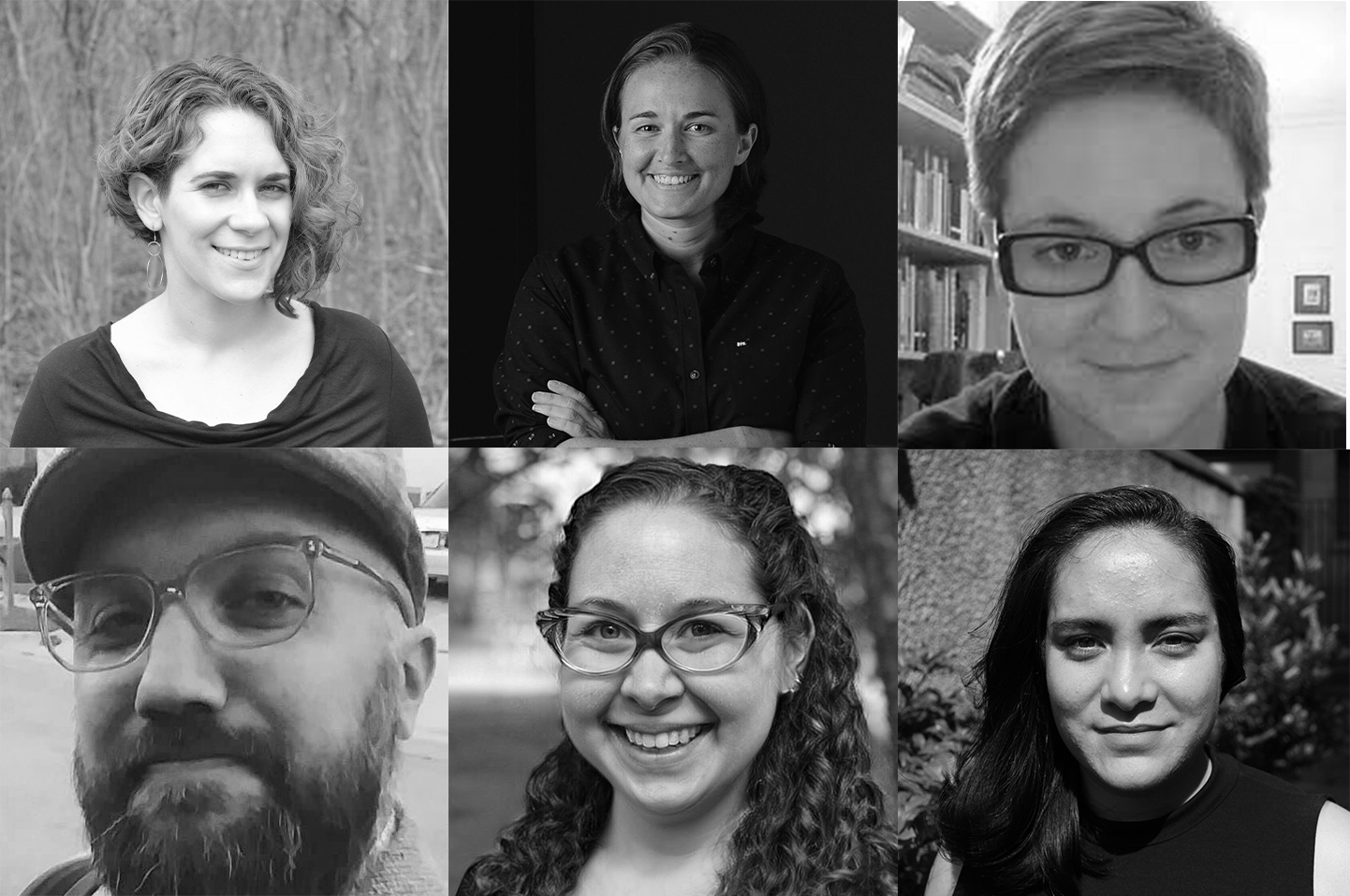Early Modern Asexuality and Performance: An ACMRS Roundtable

Early Modern Asexuality and Performance
This roundtable conversation was originally planned for the 2020 Renaissance Society of America (RSA) meeting in Philadelphia. The conference was canceled as a result of the COVID-19 pandemic. In an effort to make this necessary scholarship heard, ACMRS reached out to the panelists and asked if they would host their roundtable digitally with us.
Here is the description of the roundtable, as it was originally written for RSA:
This roundtable will be the first session focused on asexuality to take place at any national conference in early modern studies. Thus far, there has been little to no work in premodern asexuality studies, even as asexual identity, theory and scholarship is at the forefront of contemporary gender and sexuality studies.
The roundtable will ask: How can an understanding of asexuality and aromanticism complicate and compliment figurations of celibacy, chastity, abstinence and intimacy in early modern literature and culture? Further, how are early modern gender and sexuality studies deepened by the theoretical tools of asexuality studies, including the distinction between sexual and romantic attraction, the idea of “grey-a” sexualities and terms like “homoromantic” or “allosexual”?
Papers will discuss the connections between asexuality and fasting, asexual signification in and resonances in Shakespeare, asexuality and political authority and asexuality and age/adolescence. Across the roundtable, special attention will be paid to intersections with disability and race.
Our speakers have very kindly created an Early Modern Asexualities bibliography for anyone who would like more reading recommendations!
This event is free and digital. Registration is required to attend.
You will receive a secure livestream link to the email you registered with on the day of the event.
We will have live closed captioning throughout the event.
About our speakers
Liza Blake is an associate professor of English at the University Toronto, working on early modern literature, science and philosophy. She has published (with Jacques Lezra) the collection Lucretius and Modernity, as well as two scholarly editions: "Margaret Cavendish’s Poems and Fancies: A Digital Critical Edition" and (with Kathryn Vomero Santos) "Arthur Golding’s A Moral Fabletalk and Other Renaissance Fable Translations". She has articles published and forthcoming in the journals postmedieval, SEL and ELR, and is currently writing two monographs: Early Modern Literary Physics and Choose Your Own Poems and Fancies: A Digital Edition and Study of Margaret Cavendish’s Atom Poems.
Nicholas A. Brush is a PhD student at the University of North Texas. His doctoral research aims to produce a richly documented historical account of the intersection of food, gender and sexuality in early modern drama. By mapping transgressive modes of consumption, ones that violate gender and sexual performativity norms, Nicholas argues we can track early moderns’ cultural approaches to food and the constructions of early modern foodways. His approach to asexual studies looks mostly to male fasting and asexual performativity, since early modern fasting imagery usually spotlights female chastity and purity.
Simone Chess is an associate professor of English and director of the Gender, Sexuality, and Women’s Studies Program at Wayne State University in Detroit. She is the author of "Male-to-Female Crossdressing in Early Modern English Literature: Gender, Performance, and Queer Relations" (Routledge, 2016) and coeditor, with Colby Gordon and Will Fisher, of a special issue on “Early Modern Trans Studies” for the Journal for Early Modern Cultural Studies. Chess is currently working on two new book projects, one on Shakespeare and trans culture for the Routledge “Spotlight on Shakespeare” series and another focused on early modern disability, queerness and adaptive technologies.
Rachel Chung is a PhD candidate at the University of Edinburgh, where she is writing her dissertation on sexual violence in Shakespeare plays performed by casts of all women. Her work has appeared in Gutter and the Scottish BAME Writers Network Blog. She has forthcoming writing with Fringe of Colour. She tweets at @racheljmchung.
Catherine "Cat" Clifford is an assistant professor of English at Graceland University. Her research focusses on early modern court performance and palatial histories, as well as early modern asexualities and methodological approaches to reading drama “asexually.” Her recent work has appeared in the collections "Performances at Court in the Age of Shakespeare" (Cambridge University Press, 2019) and "The Palgrave Handbook of the History of Women on Stage" (Palgrave, 2020), and the asexuality journal AZE.
Ashley “Aley” O’Mara is an English PhD candidate and the inaugural research assistant in community-engaged humanities at Syracuse University. There, O’Mara is finishing their dissertation on queer asexuality in Shakespeare and other literature of Reformed England. They regularly serve in dramaturgical and publicity roles at Syracuse Shakespeare-in-the-Park and they have written editorials and reviews for Howlround, America Magazine and Religion Dispatches. In Syracuse, O’Mara leads trans-focused diversity, equity and inclusion trainings; they are also the founder of CNY Aces, an asexuality community and education group supporting aces and allies in Central New York. They tweet: @ashleymomara.

